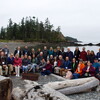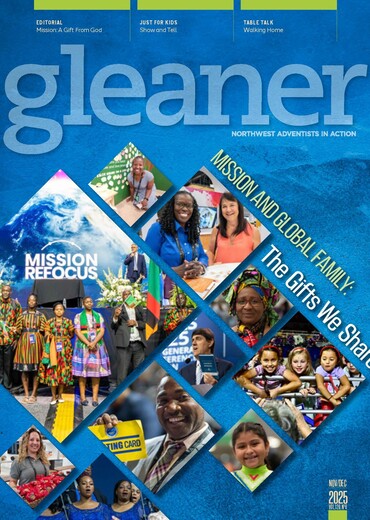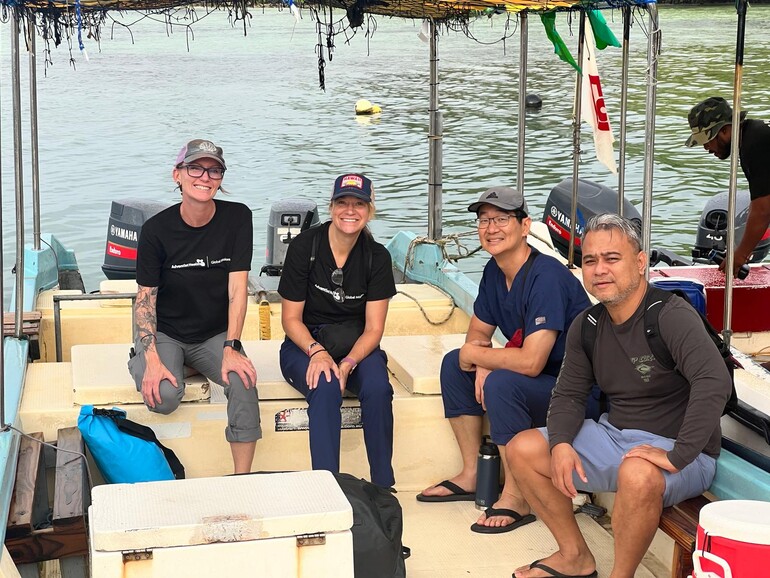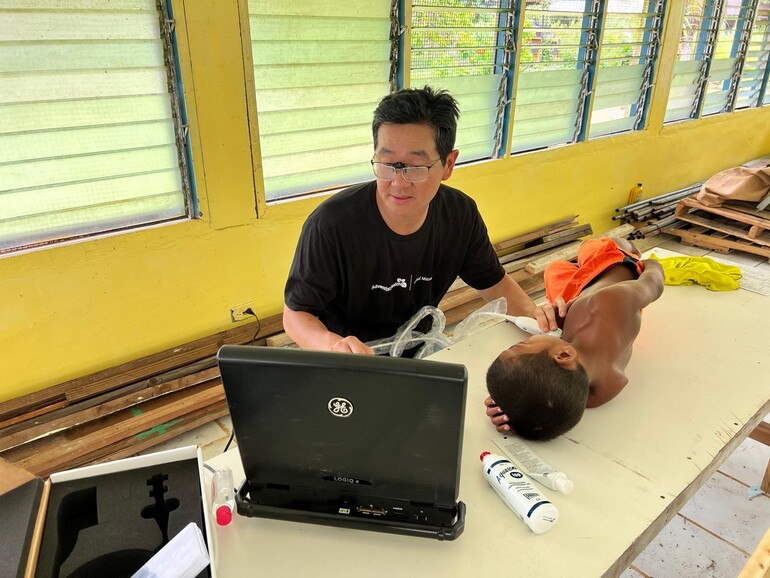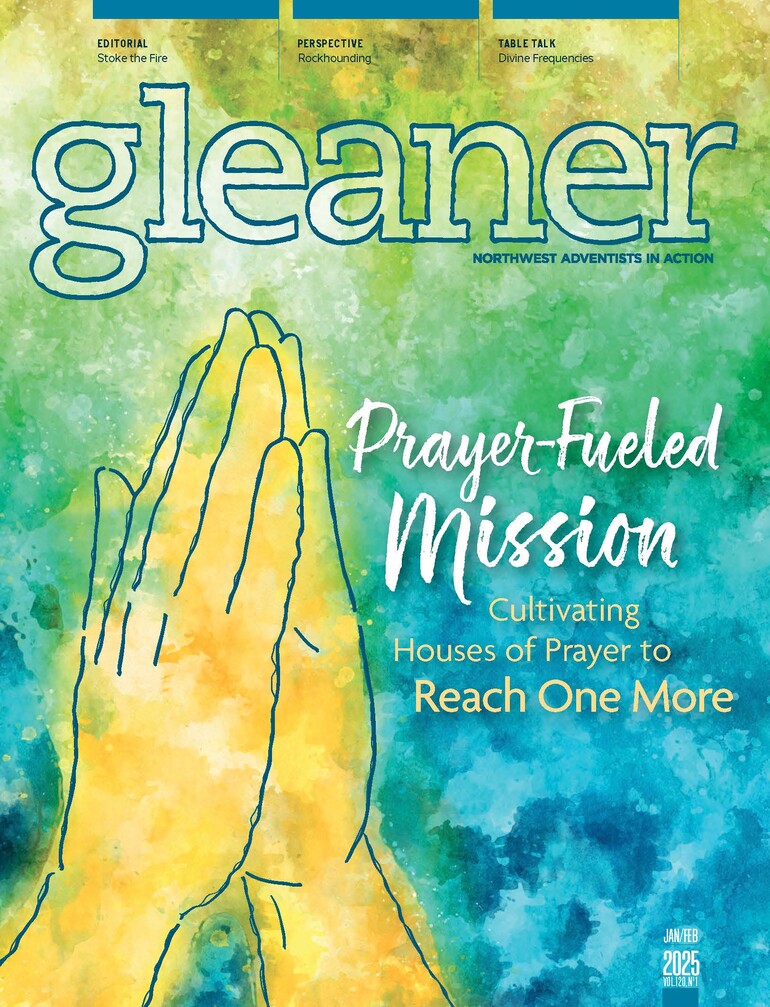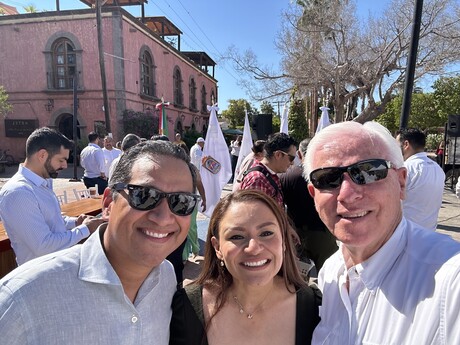A team of 11 Adventist Health volunteers spent six days in the Federated States of Micronesia conducting childhood screening for rheumatic heart disease. The team screened 765 children with a 12.7% positive rate for RHD.
RHD is caused by rheumatic fever, an autoimmune inflammatory reaction to Group A streptococcal infection — strep throat — which can lead to inflammation and scarring of the heart valves. More than 90% of cases identified during the trip will be treated with prophylactic antibiotics to keep in check further strep infection.
“We also found some very advanced RHD in children who will need surgery on their heart valves immediately,” said John Schroer, Adventist Health global mission system lead. “We often don’t think about rheumatic fever and RHD because in the U.S. we just treat strep when it comes up, but other locations in the world don’t always have this opportunity.”
The Adventist Health team partnered with Payne Perman, a local physician who started the screening program more than 10 years ago. His goal is to screen every child in the FSM every year. After screenings take place, Perman partners with local public health officials to begin treatment and ongoing care.
“I’ve never seen more tears shed on a mission trip than this one,” said Schroer. “Our team experienced so much joy and purpose from being able to change the direction of these kid’s lives. One of our providers said this trip brought them back to the reason they wanted to be in healthcare in the first place.”
The FSM is a federation of four states — Yap, Chuuk, Pohnpei and Kosrae — comprised of 607 islands. After screening 25% of the children on three islands in Chuuk, the Adventist Health team found 97 cases of RHD. There are 29 more islands in Chuuk alone yet to hold screenings. More than 52% of the population on each of the 607 islands is under the age of 18 and in need of screening. The majority of screenings, roughly 98%, will identify infection in time for effective treatment without surgery.
“We didn’t see enough people,” Schroer said. “We need echo-techs, cardiologists and nurses for our next trip. Taking a team of eight to 10 providers each month would change the direction of countless lives in the FSM.”
Schroer said the physical hardship of traveling to screening locations and conducting the screenings is intense in terms of logistics, but trip participants consistently report the physical hardships don’t compare to the joy of the work.
Contact Schroer at schroejh@ah.org to learn how you can get involved and support the mission efforts.

